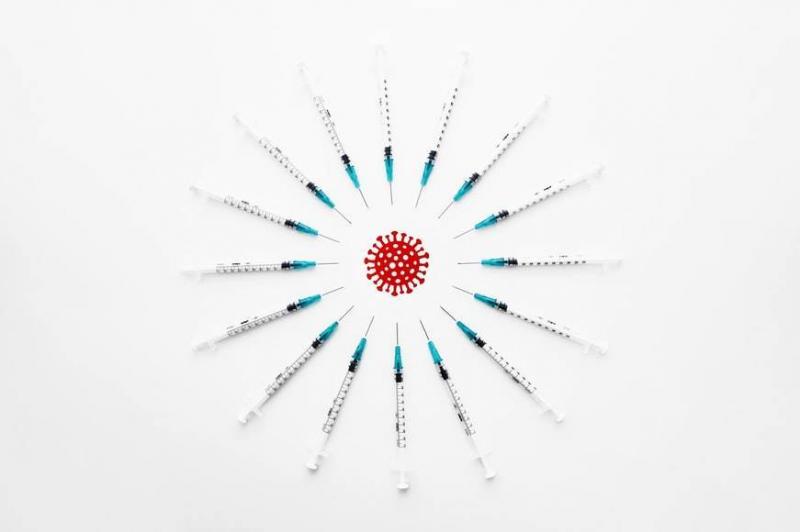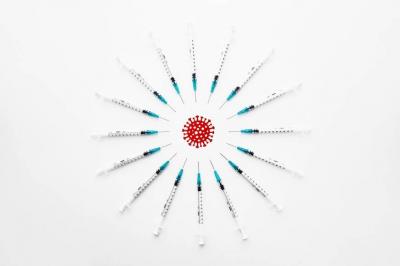Under the title "Omicron Spreads Faster than Delta; Vaccines Less Effective," Al Arabiya reported that the Omicron variant of the coronavirus is likely spreading more rapidly than the Delta variant, causing milder symptoms and reducing vaccine effectiveness, according to the World Health Organization (WHO) on Sunday, which noted that its data is still incomplete.
The organization confirmed that the Omicron variant has been detected in 63 countries so far, supporting claims made by its officials recently. It mentioned that Omicron appears to spread faster than the Delta variant, which is currently responsible for most infections worldwide. This rapid transmission has been observed not only in South Africa but also in the United Kingdom, where the Delta variant predominates.
Due to a lack of sufficient data, the WHO cannot yet determine whether the high transmission rate among highly immune populations is due to Omicron "escaping immunity," utilizing inherent high transmissibility, or a combination of both. The organization expects "Omicron to surpass Delta in areas with community transmission."
However, data is still insufficient to ascertain the severity of disease caused by the Omicron variant, although current symptoms seem to be "mild to moderate" in both South Africa, where it first emerged, and in Europe. Regarding COVID-19 vaccines, limited available data and the genetic profile of the Omicron variant suggest a "decrease in effectiveness" concerning protection against "infection and transmission."
Pfizer and BioNTech, developers of the Comirnaty vaccine—one of the most effective COVID-19 vaccines so far—confirmed on Wednesday that their vaccine remains "effective" against the Omicron variant after "three doses." Most countries able to afford vaccinations are encouraging people to receive a booster dose, especially in Europe, which is facing a new wave of infections caused by the Delta variant, following a significant early easing of health restrictions and declining vaccination rates.
Anthony Fauci, the U.S. chief infectious disease expert, noted that receiving three doses of the vaccine represents "optimal care" against COVID-19, but the U.S. government still officially defines "fully vaccinated" as two doses of Pfizer/BioNTech or Moderna vaccines or one dose of the Johnson & Johnson vaccine. Fauci, who is also the director of the National Institute of Allergy and Infectious Diseases, stated in an interview with ABC News that health officials will continue to evaluate what should be considered an official definition.
In response to a question about whether three doses of the vaccines might become the new standard of care, Fauci said, "Well, I certainly believe it represents optimal care." He added, "I mean, for official requirements, the two doses of Pfizer/BioNTech or Moderna or one dose of Johnson & Johnson still match the official definition of what is required. But I think if you look at the data, it becomes more and more clear that if you want to be optimally protected, you really should be getting a booster dose."
Fauci also noted that it will take months to determine whether annual booster doses will be necessary, explaining that he hopes, from an immune response perspective, that one booster dose would suffice to provide better protection than the six months offered by the initial vaccine.




